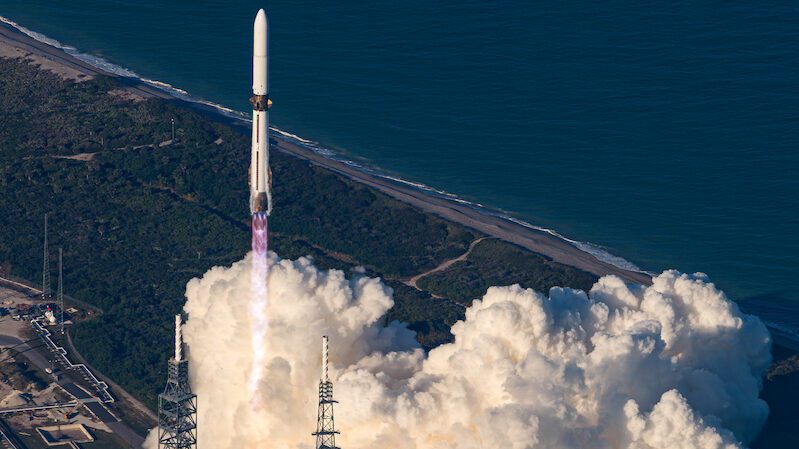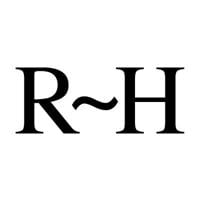Blue Origin has successfully completed the second launch of its New Glenn heavy lifter, marking a significant step towards obtaining certification for the National Security Space Launch (NSSL) Program. This launch, which took place on Thursday, included the first successful landing of the reusable booster at sea, a critical milestone for the company as it aims to support national security missions.
In April, the Space Force awarded Blue Origin an initial contract that allows the company to compete for NSSL Phase 3 Lane 2 launch contracts, covering the fiscal years 2025 to 2029. At that time, New Glenn had not yet completed the necessary second launch for flight certification. These launches are crucial as they carry high-value payloads destined for challenging orbits, with contracts typically awarded two years in advance.
Key Milestones and Future Prospects
The successful flight on January 16 served as New Glenn’s initial certification attempt, with the company initially planning to conduct the second launch in spring. The latest mission successfully delivered two spacecraft developed by Rocket Lab for NASA’s ESCAPADE Mars mission, prompting the Space Force to enter the final stages of its review process. The Space Systems Command (SSC) commented, “Certification Flights are a small subset of the certification process and provide valuable analytical data to ensure each launch system is ready to deliver our most exquisite U.S. Space Force satellites supporting critical U.S. warfighters and Intelligence Community needs.”
The recovery of New Glenn’s reusable first-stage booster on the recovery ship, named Jacklyn after owner Jeff Bezos‘s mother, represents a significant achievement. This feat makes Blue Origin only the second company, after SpaceX, to successfully execute such a landing following a launch. SpaceX has become known for its routine recovery of first-stage boosters, which has been integral to its operational strategy.
Looking Ahead
Blue Origin highlighted the importance of this achievement during the launch broadcast and in its press release, emphasizing that no other booster of this size has successfully landed on the second attempt. Dave Limp, CEO of Blue Origin, stated, “This is just the beginning as we rapidly scale our flight cadence and continue delivering for our customers.” Under the current NSSL Phase 3 Lane 2 award, the Space Force anticipates commissioning Blue Origin for approximately seven missions starting in fiscal year 2026. In contrast, SpaceX is projected to conduct 28 missions, while United Launch Alliance is expected to handle 19 missions.
The successful launch and certification process not only strengthens Blue Origin’s position in the competitive space launch market but also underscores the importance of reliable launch capabilities for national security. As the company continues to innovate and expand its operations, it remains poised to play a significant role in future space endeavors.







